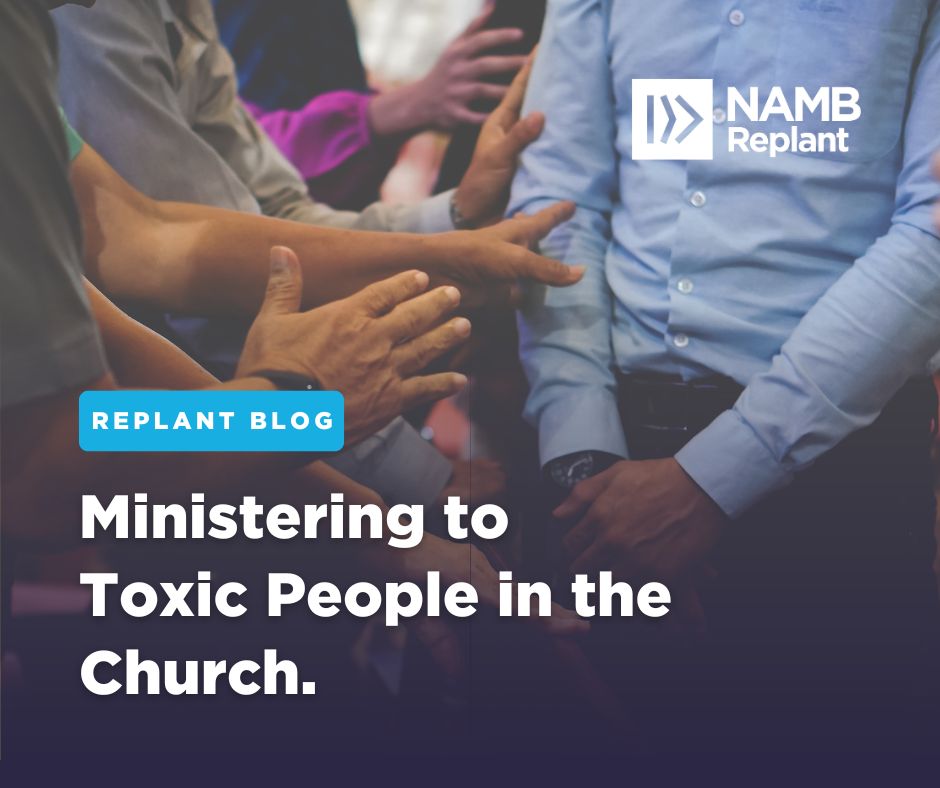Of the many rites of passage in ministry, receiving an anonymous letter that is critical of your ministry, leadership, family or some other thing, suddenly ushers you as a pastor into a select brotherhood who know the unique joy as well as the real pain and continual challenge of leading a congregation.
How should you handle this single spaced, courier font, unsigned diatribe?
Many pastors choose to ignore these letters, often tossing them into the trash can, attempting to not give it a second thought. That can be a good plan, if the author was not bold enough to sign their name why give such a letter any attention or energy? This can be good advice for a one-off piece of mail. Why give the critic any credit or power, allowing them to direct your mind and heart off of ministry and mission?
However, at times letters like these are sent to multiple people in leadership or those in the congregation who are influential or easily influenced. I was blessed with one such letter that had been widely distributed. Tossing it away and ignoring its contents were no longer an option. Accusations had been made, and while ultimately false, they seemed plausible because they contained half-truths, they were dangerous because they were inflammatory and called others to doubt and speculate. Standing before the congregation on Sunday knowing that many had received the letter required a response of some kind. Here’s how I handled our anonymous letter writing critic.
1. I prayed.
I needed more grace than I felt I could exhibit, more patience than I had and I needed to ask God to help me past the critical and untrue words. As a replanter, I had sacrificed much, raised financial support in order to serve and followed God’s call in obedience to shepherd a dying church. I was first and foremost hurt and angry. This was not a time for me to immediately act; I had to pray and wait.
2. I listened.
I re-read the words on the paper in front of me seeking to discern the real issues, unearth the real conflict, the complaint behind the complaint. I asked the Lord to reveal any truth in the letter that I needed to understand, know and learn from. I asked God if He was speaking to me through this letter. I did all this not taking the critic’s words as authoritative but as a reflection of their pain, frustration and fear.
3. I shared with our key leaders.
In some settings this might be risky. If you cannot verify the author, you may wonder if the letter is from one of your key leaders. That’s why it is important to have key leaders plural. Our leaders’ reactions to the letter were in line with mine. Our leaders were concerned, saddened and motivated to protect our church body. Eventually they received the same letter. Our next actions were taken together as a unified team of pastors and elders.
4. We addressed it publicly.
Because we were hearing from multiple persons in our congregation who had received the same letter, we determined that addressing the letter in an appropriate setting was necessary. For us, that meant gathering all our Sunday School classes together and speaking about the letter. We believed addressing the letter during a worship gathering would take away from our worship service, confuse our guests and give too great a platform to our anonymous critic.
5. We spoke specifically.
While we did not read the letter publicly, we acknowledged that some in the church had received it and took time to speak to the accusations it outlined. Our lay leaders, chairman of the pastor search and liaison team and our church board chair along with me as the pastor provided a response to each allegation.
6. We directed everyone to Scripture.
We indicated that God’s word instructs the members of the church body to seek to maintain unity, speak directly to one another when offenses occur, speak to other pastors and elders if there is a concern about another pastor or elder and to not be divisive.
7. We prayed together.
While some in our congregation had received the letter and others had not, we determined that we would ask everyone in the church to pray for our body and for unity as we moved forward. I’ll always remember this gathering as one of the significant turning points for our church in the process of Replanting.
Replant pastor, at times you can gladly throw away the critical letter but sometimes you need to step forward in grace and love and act to protect the church. God can grant you understanding in knowing which is best.
Published August 8, 2017




